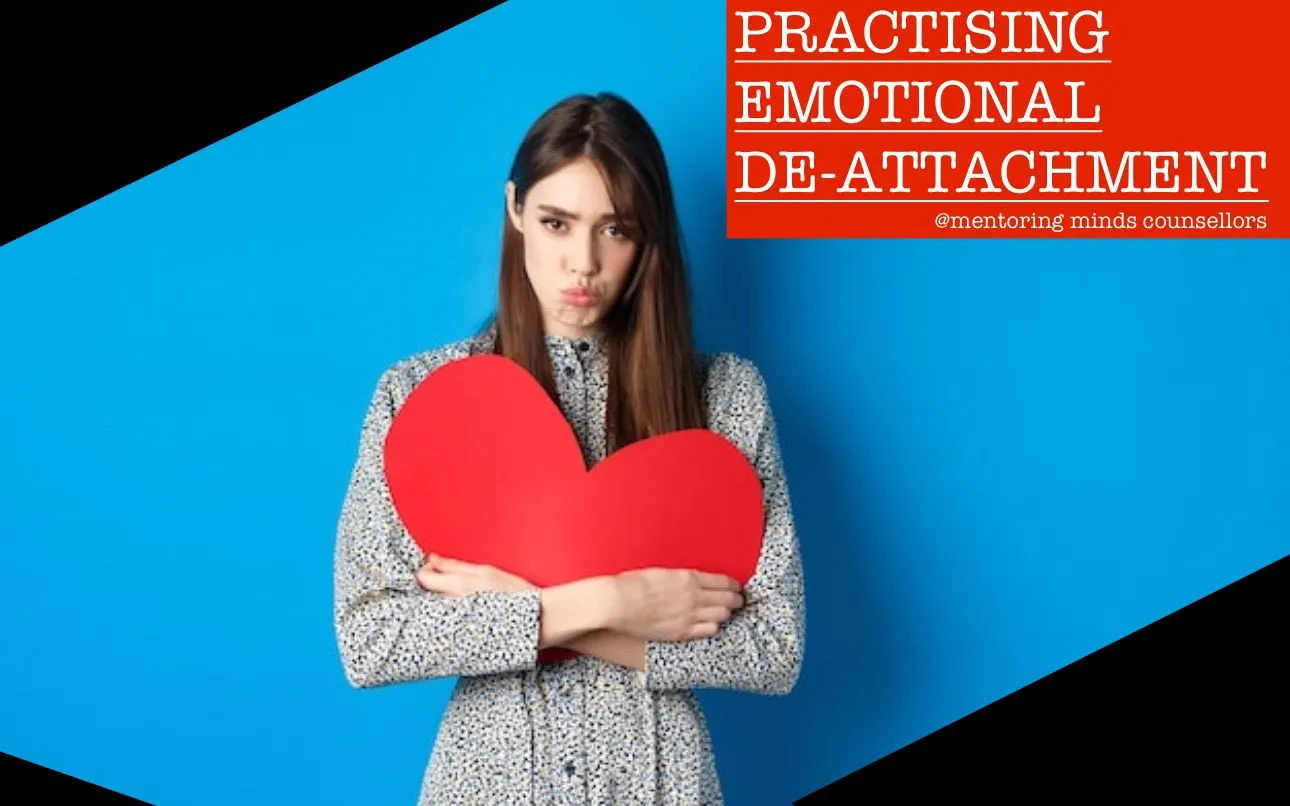Life often feels heavy when we get too tangled in people, situations, or outcomes we can’t control. That’s where detachment comes in. Contrary to what many believe, detachment is not about being cold, uncaring, or distant. It’s about creating healthy emotional space so we can protect our peace and make decisions from clarity rather than desperation.
What is Detachment?
Detachment means letting go of the need to control things outside yourself. It’s the ability to stay connected to people and situations without losing your inner balance. Think of it as the art of caring without clinging.
For example, if you’re deeply invested in someone’s behavior changing, you may feel constant stress and disappointment. Detachment helps you accept that their choices are theirs not yours to fix. It shifts your focus back to what you can control: your thoughts, your actions, and your response.
In short, detachment is freedom. Freedom from overthinking, over-controlling, and over-carrying what isn’t yours to carry.
Why is Detachment Important?
- It reduces stress by releasing what you cannot control.
- It strengthens relationships, because love feels lighter when it’s not tied to control or expectation.
- It helps you make better decisions, since you’re not reacting out of fear or attachment.
- It nurtures self-respect and boundaries.
How to Practice Detachment
- Noticing the Attachments
Pay attention to where your energy goes. Do you obsess over someone else’s approval? Do you replay conversations in your head? Awareness is the first step. - Setting Healthy Boundaries
Detachment doesn’t mean cutting people off. It means knowing where you end and where the other person begins. Saying “no” when you need to is a form of love for yourself and others. - Shifting Focus Inward
Instead of pouring all your energy into controlling situations, invest that energy into yourself. Practice hobbies, exercise, journal, or meditate. - Accepting Uncertainty
A big part of attachment is the fear of “what if.” Detachment invites trust that not everything has to be figured out right now. Life unfolds in its own way. - Detaching with Love
You can love someone deeply without taking responsibility for their choices. Support them, encourage them, but allow them to walk their own path.
Final Thoughts
We at Mentoring Minds Counsellors understand that Detachment is not about being indifferent. It’s about learning to care without losing yourself in the process. When practiced with compassion, it creates inner freedom, healthier connections, and a more peaceful mind.
Start small release one worry, one expectation, or one “need to control” today. You’ll notice that when you let go, life feels lighter.


Leave a Comment